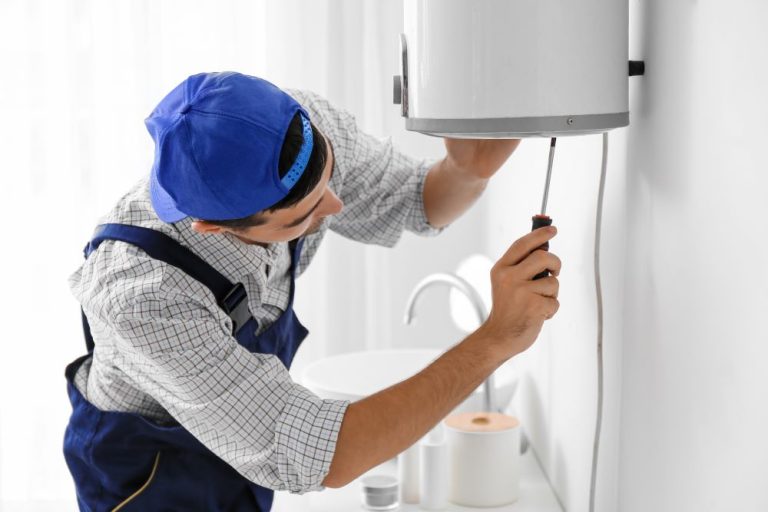Hot water is something most of us don’t think twice about—until it’s gone. Your home’s water heater works hard behind the scenes to keep your showers warm and your dishes clean, but it can wear out over time. The key to avoiding a full breakdown is spotting the early warning signs. When caught quickly, many issues can be resolved before they turn into major problems.
Below are five signs your water heater might be crying out for help. If you notice any of these, it’s a good idea to address them as soon as possible. Ignoring the signs could lead to cold showers and costly repairs down the road.
1. Inconsistent Water Temperature
Have you noticed the water turning cold in the middle of a hot shower? If so, your water heater may not be heating efficiently. Fluctuating water temperatures often indicate a malfunctioning thermostat or failing heating element. Sometimes the problem starts off subtle, like the water not getting quite as hot as it used to.
Other times, the temperature jumps from scalding to icy without warning. This inconsistency is more than just an inconvenience—it’s a sign your water heater might need immediate attention. If left unaddressed, it could completely stop producing hot water.
2. Unusual Noises Coming from the Tank
Water heaters are usually pretty quiet, so any loud sounds should be a red flag. Popping, rumbling, or banging noises could mean there’s sediment buildup inside the tank. As sediment hardens, it creates a layer that makes it harder for the unit to heat water efficiently. This added strain can lead to overheating, damage to the tank, or even premature failure. The noise often gets louder over time, signaling that the buildup is getting worse. Routine maintenance can help reduce these noises, but persistent sounds usually mean repair is needed. Don’t ignore strange tank noises—they’re your heater’s way of calling for help.
3. Water Leaks Around the Heater
Any sign of water pooling near the base of your heater should never be overlooked. Leaks can stem from loose connections, cracks in the tank, or pressure issues inside the unit. While a small puddle might not seem like a big deal, it could be an early warning sign of a serious failure.
Over time, even minor leaks can lead to water damage and mold growth in surrounding areas. It’s important to investigate the source as soon as possible. Catching a leak early might save you from needing a full replacement. If water is where it shouldn’t be, a closer inspection is essential.
4. Discolored or Rusty Water
When the hot water coming from your taps looks cloudy or rust-colored, your water heater might be to blame. This discoloration often points to corrosion inside the tank or issues with the anode rod. If the problem is left unaddressed, rust can eat through the tank walls, leading to leaks or complete failure.
Discolored water can also stain your sinks, bathtubs, and laundry. You may first notice it when filling the tub or washing white clothes. While replacing the anode rod can sometimes fix the issue, ongoing rust likely means your heater is nearing the end of its life. It’s not just a cosmetic problem—it can affect your water’s safety and your plumbing system.
5. Hot Water Runs Out Too Quickly
If your water heater used to supply enough hot water for everyone’s morning showers and suddenly can’t keep up, there’s a problem. A lack of hot water can result from a faulty thermostat, worn-out heating element, or sediment buildup limiting tank capacity. When sediment takes up space in the tank, there’s less room for hot water. Over time, this leads to quicker depletion and longer recovery times between uses.
You may also notice that the heater runs more often or for longer periods. These signs all point to a system struggling to meet your household’s needs. When this happens, seeking water heater repair from a knowledgeable professional is often the best step forward. They can assess whether a repair will restore performance or if a replacement is more cost-effective. Ignoring the issue could lead to higher utility bills or even water damage over time.
Final Thoughts
Catching water heater issues early can spare you from cold surprises and expensive fixes. If your unit is showing one or more of these signs, it’s worth having it checked. A trained expert can diagnose the problem and guide you on whether a simple repair will do or if replacement is needed. Taking action now could save you from a bigger headache later on.





